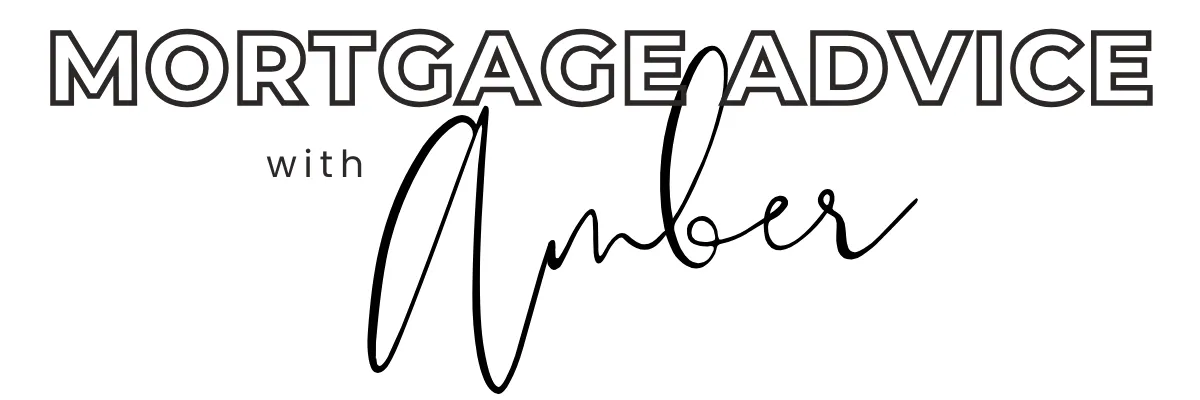
Cash-to-Close - All-In Investment
“Working with a mortgage broker gives you access to a wider range of lenders and loan programs, often with better rates and terms than if you went directly to a single lender."

Introduction: Understanding Cash-to-Close
The final leg of structuring your home loan is the cash-to-close, or all-in investment. This represents the total amount you need at closing, including your down payment and closing costs.
Many homebuyers focus only on the monthly payment, but failing to plan for cash-to-close can create last-minute stress and even jeopardize the purchase. Understanding these costs before you start house hunting will ensure a smooth home-buying experience.
Breaking Down Cash-to-Close Components
1. Down Payment
Your down payment is the percentage of the home’s purchase price that you pay upfront. Here’s why it matters:
✅ Impacts Loan Amount – A larger down payment reduces the amount you need to borrow.
✅ Affects Mortgage Insurance – A 20% down payment eliminates PMI (Private Mortgage Insurance) on conventional loans, reducing your monthly payment.
✅ Varies by Loan Program – Some loans allow as little as 3% down, while others (like VA loans) may require zero down.
💡 Considering down payment assistance? While programs exist to help first-time homebuyers, they often come with higher interest rates or strict eligibility guidelines that can make them harder to utilize. A mortgage broker can help you weigh the pros and cons and determine whether assistance programs or a low-down-payment loan is the better choice for your financial situation.
2. Closing Costs
Closing costs include the fees required to finalize your mortgage, typically ranging from 2% to 4% of the home’s purchase price. These costs include:
✅ Loan Origination Fees – Charged by the lender for processing the mortgage.
✅ Appraisal & Inspection Fees – Required to assess the property’s value and condition.
✅ Title & Escrow Fees – Cover legal documentation and secure the transfer of ownership.
💡 Something to think about: Some closing costs can be negotiated with the seller or lender. As a mortgage broker, I can help structure your loan to minimize these costs and explore lender credits that may reduce your upfront expenses.
3. Prepaid Costs
Some costs are paid upfront at closing but cover future expenses, including:
✅ Property Taxes – A portion of your annual taxes may be due at closing.
✅ Homeowners Insurance – Lenders require at least one year of coverage upfront.
💡 Solution: Factoring these expenses into your budget ensures you’re financially prepared on closing day.
Strategies for Managing Your Cash-to-Close
1. Start Saving Early
Set up a dedicated savings account for your down payment and closing costs.
Look for extra income opportunities (bonuses, tax refunds, side gigs) to contribute to your fund.
Identify the gap from what you are paying now (i.e. $3,000/mon in rent) to what you can comfortable afford for a mortgage (i.e. $4,500), and set up an automatic transfer of the difference (i.e. $1,500) at the beginning of each month. This will allow your budget to start living in what that payment will feel like, and naturally help you make the adjustments in your spending habits while building up your savings.
💡 Solution: The earlier you start saving, the more flexibility you’ll have when choosing the right loan program.
2. Explore Down Payment Assistance (But Know the Trade-Offs)
Down payment assistance (DPA) programs can be helpful for buyers with limited savings, but they often come with:
❌ Higher Interest Rates – You may pay more over time due to the increased rate; which in turn lowers your purchasing power.
❌ Stricter Guidelines – Income limits, borrower criteria, and property restrictions may apply. Additionally, some DPA programs require the borrower to be a "first-generation homebuyer," meaning if your parents own a home, you will be disqualified for their program.
❌ Unrealistic Requirements – Some DPA programs require a physical home inspection, and any repairs recommended on the report to be fixed by the Seller. While this is a benefit to the Buyer, it can be challenging to identify a property where a Seller is willing to meet this requirement - especially in a market where Sellers have multiple offers to choose from.
💡 Solution: A mortgage broker can help you determine if DPA programs are worth it or if another loan option with lower costs and fewer restrictions makes more sense for your situation.
3. Work with a Mortgage Broker to Reduce Upfront Costs
Instead of trying to navigate lender fees and closing costs on your own, a mortgage broker (like me) shops multiple options for you to find the best options.
This saves you time, money, and stress, ensuring you have a clear path to homeownership.
💡 Solution: Working with a mortgage broker gives you access to a wider range of lenders and loan programs, often with better rates and terms than if you went directly to a single lender.
Being Prepared for Your Cash-to-Close
Your cash-to-close is one of the most important financial aspects of buying a home. Understanding your down payment options, closing costs, and available assistance programs will help you make informed decisions and avoid last-minute surprises.
By working with a mortgage broker, you get expert guidance on reducing upfront costs, structuring your loan effectively, and securing the best financial solution for your home purchase.
Next Steps: Ready to Prepare for Your Cash-to-Close?
Let’s create a personalized strategy to make homeownership affordable and stress-free!
📩 Schedule a free consultation today, and I’ll help you navigate your loan options, down payment assistance programs, and closing costs—so you can buy your home with confidence!

